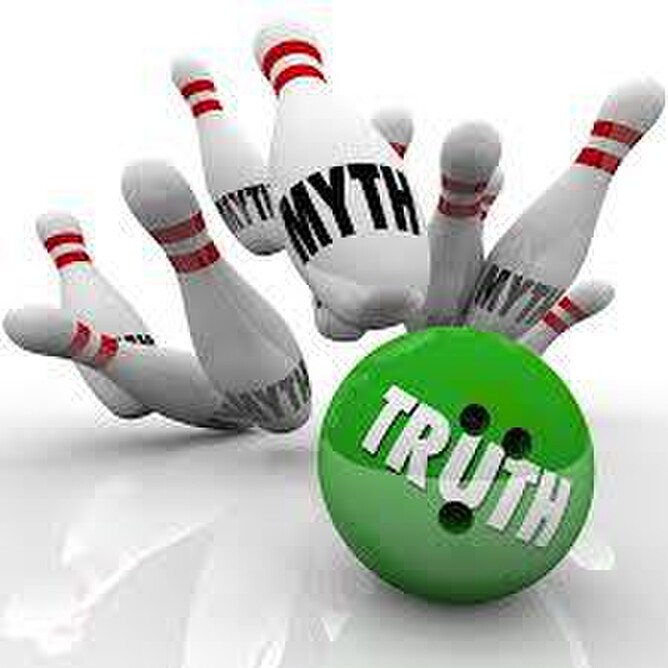Although KiwiSaver has been around for 8 years, there are still some common misunderstandings about KiwiSaver. We have explained why the following information IS accurate, despite what you may believe.
This article has been triggered by an article in the Dominion Post which you can read below.
1. You can't use your KiwiSaver funds as a deposit on your first home. But you can use them to pay for your first home. The exception is if you are building a home -since April 2015 you can now use your funds to make a deposit on your build. See this information http://www.hnzc.co.nz/assets/Finance/Documents/KiwiSaver-HomeStart-Brochure-August-2016.pdf.
2. Your KiwiSaver funds are NOT guaranteed by the Government. They are your own investment, held in your name and invested where you have chosen to have them invested. If you have chosen a 'growth' investment profile, the value of your funds will go up and down in value. If you have not 'chosen' where to put the funds, you are likely to have been automatically added to a 'default' cash type investment.
3. You cannot use your KiwiSaver funds to pay off a credit card or other debts. You can only withdraw your KiwiSaver funds when you reach the age of eligibility for NZ Superannuation (currently age 65), when you permanently emigrate, if you die the funds are paid to your estate. There is the ability to apply for your funds if you fit the criteria for Significant Financial Hardship - but these are quite stringent criteria. http://www.kiwisaver.govt.nz/already/get-money/early/hardship/
4. You don't have to withdraw your funds from KiwiSaver when you reach age 65. Many of Moneyworks clients have left their funds in KiwiSaver on our recommendation, as they do not need the funds and the investment is working well for them. You may be able to take regular withdrawals from your KiwiSaver to top up your spending when you retire though, as long as you are older than 65.
5. Your money will not be in your KiwiSaver shortly after it is taken from your pay. The way that KiwiSaver was set up is that the funds go to your KiwiSaver provider via IRD. There is a delay of up to 3 months for your funds to get into your KiwiSaver investment, UNLESS you are making direct debits or adding funds directly to your KiwiSaver Funds through the fund manager.
6. It is not best to stay in the default fund. If you want to stay in the default fund, you should ensure that you understand where it is invested. Many of these funds are purely cash, and the returns on these funds is unlikely to keep up with inflation. You should complete a personal risk profiler, and find out whether you should be in a Conservative, Balanced or even Growth fund. Over the long term these funds are likely to give you a much better return on your funds.
7. Your KiwiSaver is NOT like a savings bank account. Just because you can see your KiwiSaver balance on your online banking, it doesn't mean that it is the same. Your funds are locked in. It is a long term investment and it CAN go down in value.
Personal finance: Seven common mistakes about KiwiSaver
If you would like to have a discussion with us about your KiwiSaver, email us here.
If you have any thoughts or opinions that you would like to share, visit us at our Twitter, Facebook or Linked In pages, and comment.
For more blog entries that you might be interested in:
KiwiSaver First Home Buyer Opportunities increased
Is KiwiSaver working for you? How do you know?
What is a ‘Balanced’ KiwiSaver fund?
By Carey Church







